Material-focused decarbonisation in Scope 3.
RITTWEGER and TEAM’s concept of material-focused decarbonisation enables companies to reduce greenhouse gas emissions in Scope 3 of their corporate carbon footprint by using more climate-friendly materials, while simultaneously advancing their entry into the Circular Economy.

Scope 3 decarbonisation as an opportunity for growth
The recording of Scope 3 emissions and the consideration of the supply chain is a central aspect of decarbonisation that places particular demands on companies. In view of the upcoming assessment of Scope 3 emissions by sustainability rating agencies such as EcoVadis, medium-sized companies and suppliers are called upon to increase their innovative strength and act proactively in decarbonisation. Recording and reducing Scope 3 emissions, optimising the supply chain and using recyclable materials will enable companies to meet the expectations of the rating agencies, strengthen their competitiveness and open up new business opportunities in a sustainable economy.
One of the biggest challenges in decarbonisation is the transition to a circular economy
To make the transition easy and practical, our team has developed the concept of material-focused decarbonisation and supported it with a growing material library of over 400 samples. This approach encourages companies to reduce their greenhouse gas emissions (CO₂e) by using more environmentally friendly materials, promoting the transition to a circular economy. Through the targeted integration of sustainable and circular materials into their supply chain, companies can further reduce the environmental footprint of their products and strengthen their level of innovation in the long term.

Fulfilling sustainability requirements from Scope 3 and increasing innovative strength – this is our approach:
- With our support, companies have their Scope 3 emissions calculated in accordance with the Greenhouse Gas Protocol or provide us with a corporate CO2e balance sheet with Scope 3.
- Our team analyses the most critical materials and develops a concept for transformation based on alternative materials or implementation scenarios through the circular economy.
- In a joint workshop, we communicate the sustainability performance of the respective materials to those involved.
- The overall concept results in a transformation path that enables companies of all sizes to fulfil the requirements of customers or the EU Green Deal.
- This transformation path can be used as part of sustainability reports or to support funding applications.
Good to know.
Scope 3 accounting and decarbonisation:
Key to the success of the EU Green Deal
Scope 3 refers to indirect greenhouse gas emissions along a company’s entire value chain, including emissions from suppliers and customers. Decarbonisation is the goal of reducing CO₂ emissions and promoting a low-carbon economy. As part of the EU Green Deal, the European Union is aiming for climate neutrality by 2050 and is promoting sustainability in various areas. The capture and reduction of Scope 3 emissions plays a central role in decarbonisation and is an important part of the EU Green Deal to achieve the climate targets and promote a sustainable economy.



